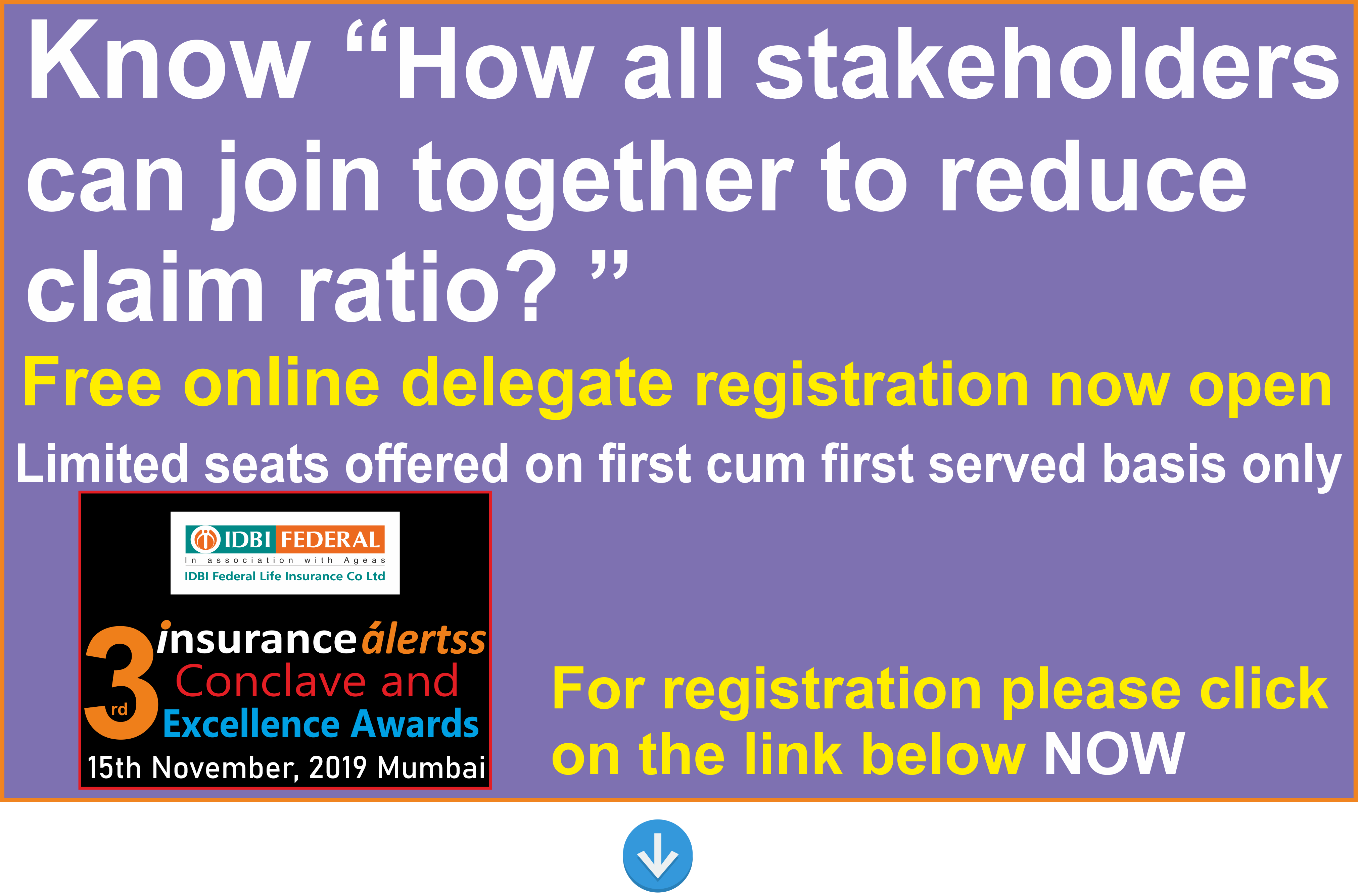 12-11-2019
12-11-2019
Global:Genetic testing provides huge opportunities for life insurers

 Insurance Alertss
Insurance AlertssGlobal:Genetic testing provides huge opportunities for life insurers
Genetic testing has gone mainstream and has the potential to improve the mortality and morbidity experiences of the general population, providing huge opportunities for life insurers in the future, said speakers at the International Committee for Insurance Medicine (ICLAM) Congress being held in Mumbai, India.\
The event, held in Asia after a gap of 32 years and for the first time in India, provides a forum, where the latest developments in medicine and their relevance to life and health insurance are discussed on a global level.
Genetics and life insurance
Life insurers in many countries are looking at ways to offer customers genetic testing services to improve long term health outcomes. Though many challenges exist, the information from genetic tests has the potential to improve mortality and morbidity. These tests motivate people to make lifestyle changes or take healthy actions.
Speaking about ‘genetic exceptionalism’, Mr Ronald Klein, executive director of BILTR (Bermuda International Long Term Insurers and Reinsurers) said that the information gathered is intrinsically unique and different from traditional medical information. “Genetic exceptionalism is unique to each individual, has predictive powers and can cause emotional problems if not addressed,” he said. More and more governments are considering regulating the use of genetic information by insurers and so there needs to be greater interface between regulators and insurers to ensure that consumer interests are protected and that insurers can underwrite sustainable products.
Innovative products changing healthcare
Earlier in her keynote address, Ms Sangita Reddy, joint managing director of Apollo Hospitals, highlighted the growing synergy between the healthcare segment and insurance industry in India and around the world. She highlighted how India offered the lowest medical costs in the world which is made possible because of streamlining backend processes thereby reducing administrative and manpower costs and ensuring that the benefits of high-tech medical care is made available to all. “AI, IoT and automation are transforming the Indian healthcare space and we have been able to reduce costs and make healthcare accessible to all. We now have many overseas patients including those from the advanced nations visiting our hospitals for treatment,” she said.
Highlighting the strong connect between the insurance and healthcare segments, she called for greater coordination between the two. “The healthcare segment needs to embrace products developed by the insurance segment,” she said. Apollo Sugar clinics for diabetic patients is one such initiative in her organisation that was developed through regular interactions with the insurance sector.
ICLAM fostering and supporting Asian markets
Apart from organising conferences every three years, ICLAM fosters and supports national associations that focus on insurance medicine. Asia with its mix of very advanced and evolving markets, and a huge and diverse population, needs a strong foundation in insurance medicine. The future challenges that both insurers and the healthcare sector face are in genomics, discrimination legislation, medical advances, changes in disease patterns influenced by demographics and lifestyle changes, data protection and climate change. All of these are highly relevant in markets around Asia. The three-day event is attended by 500 delegates from over 30 countries.
Source: Asia Insurance Review
